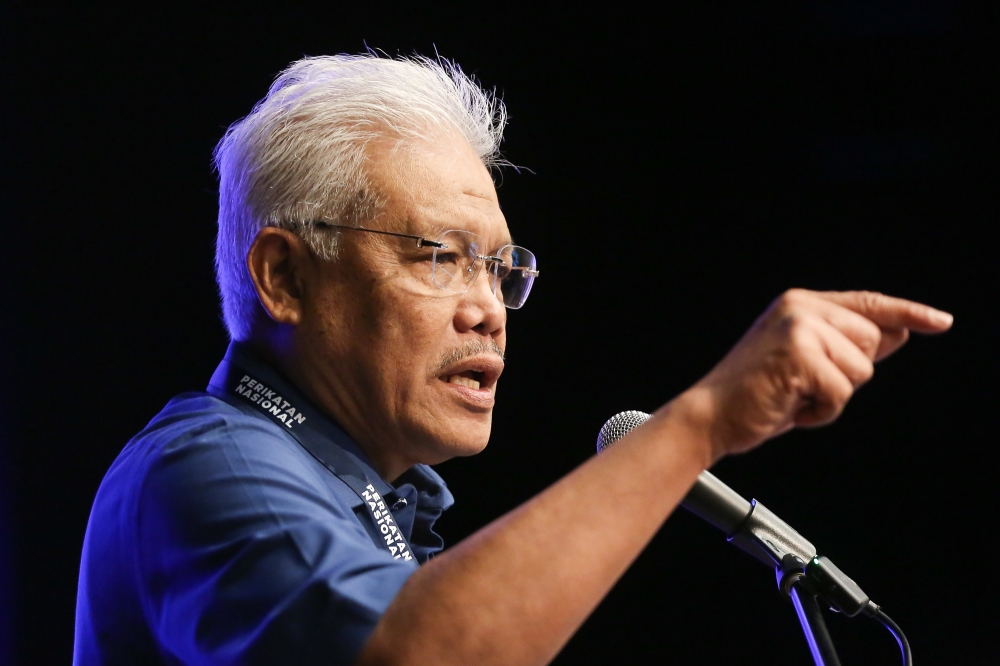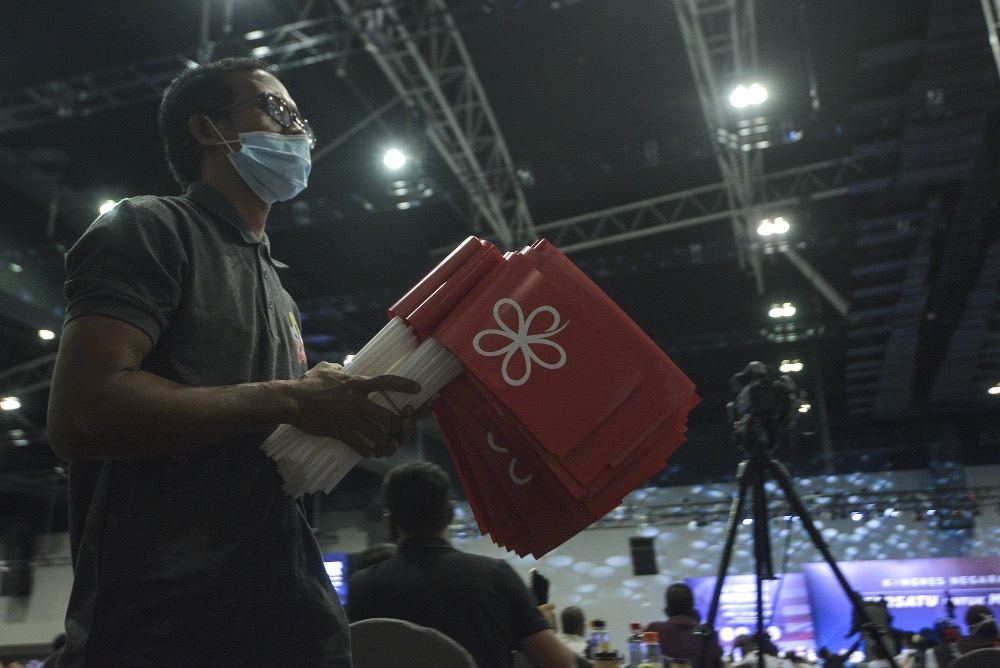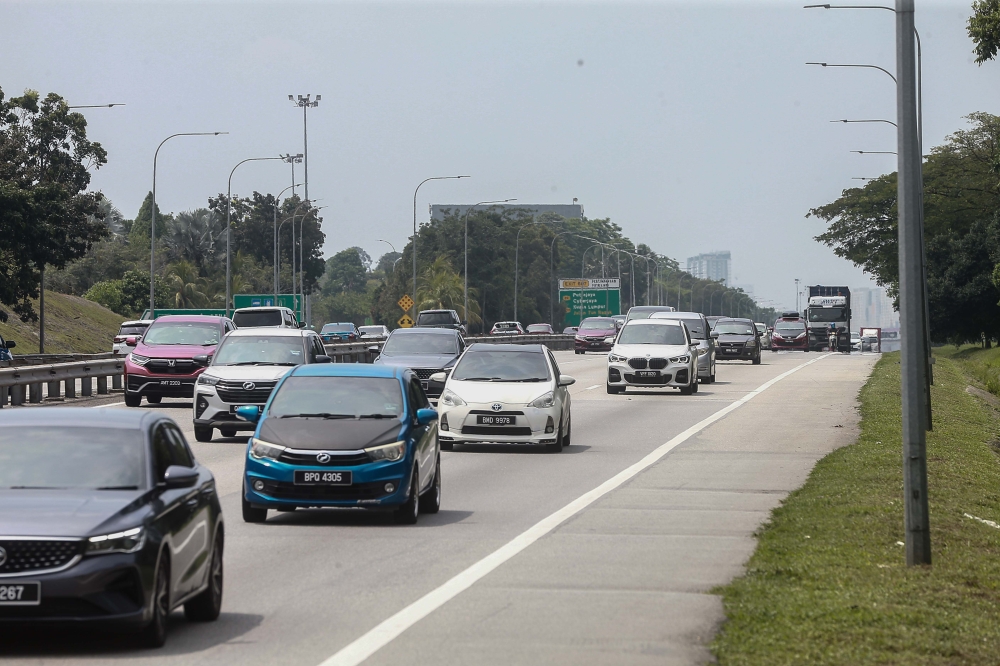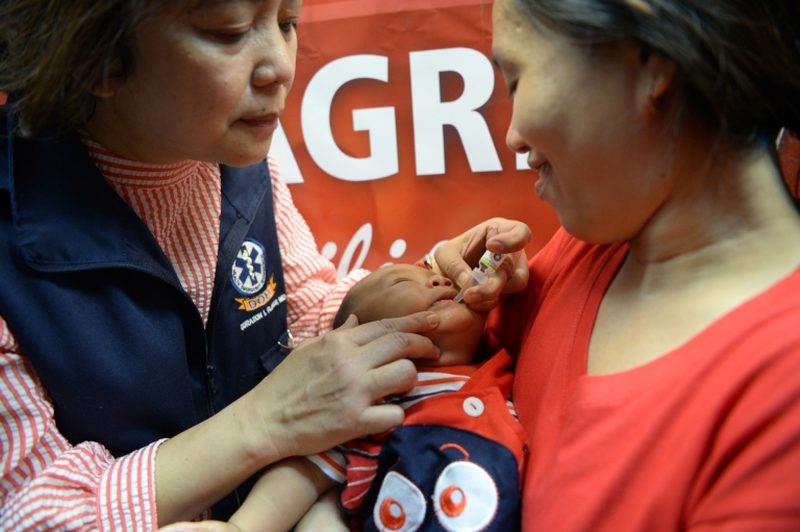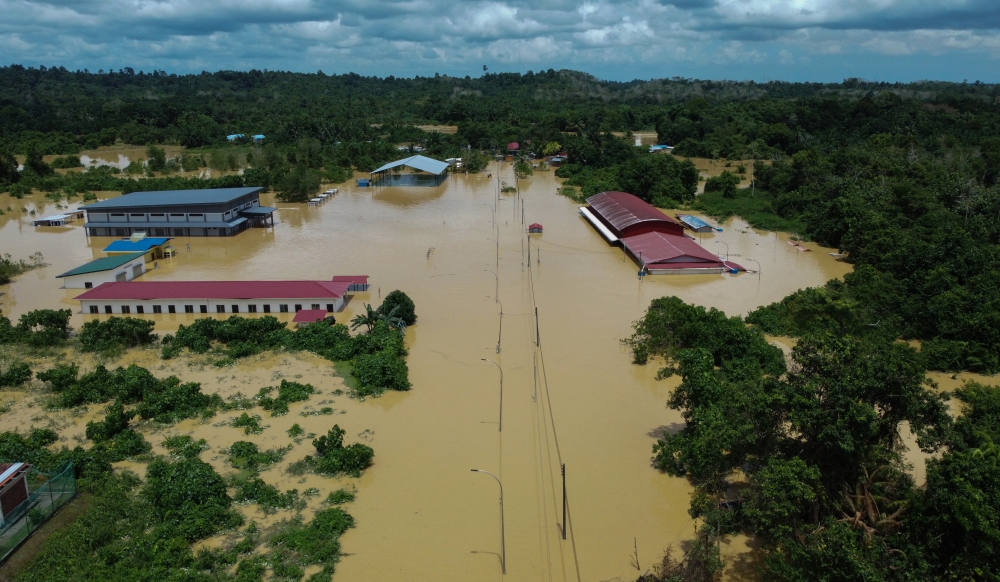KUALA LUMPUR, Dec 13 — Malaysian parents can consider suing other parents who refuse to vaccinate their children if their own offspring fall ill after coming into contact with them, lawyers have suggested.
Amid fears that non-vaccinated children will reduce herd immunity and endanger the population following the return of polio here after close to three decades, the lawyers said such a suit may be feasible under the tort of negligence.
“Pursuant to the general principles of the tort of negligence, an individual has a duty of care not to put others in harm’s way, or in this case put other people’s children in harm’s way,” lawyer Sachpreetraj Singh told Malay Mail.
When it comes to vaccination, Sachpreetraj said it is crucial for the Malaysian courts to first consider whether parents in such circumstances have a duty of care to ensure that their children are in fact vaccinated.
“This would be the initial question that would first need to be answered by the courts. Once the courts are in agreement that a parent has a duty to vaccinate their children for their own sake and also to prevent harm onto others, we can then move on to the breach of duty of care.
“This can be proven by showing that the parent, having a duty to vaccinate their child has breached their duty by failing to do so, which in turn causes another child to suffer harm such as contracting a disease,” he said.
Sachpreetraj said once all these elements are fulfilled, the parents of a child who contracted a disease from an unvaccinated child would be in a suitable position to sue for damages under the tort of negligence.
Earlier this week, rights lawyer Lim Wei Jiet had suggested on Twitter that such a suit can succeed if these conditions were fulfilled.
Lim was responding to Malay Mail columnist and expectant parent Shafiqah Othman Hamzah who asked if a parent can be sued child for public endangerment for refusing to vaccinate their children to hold them accountable.
The lawyer also suggested that refusing vaccinations may also be in breach of Section 31 of the Child Act 2001 for child neglect, or Sections 269 and 270 of the Penal Code that handle negligent acts likely to spread infectious diseases dangerous to life — although he admitted that other lawyers may not agree with his interpretation.
Senior lawyer Ramesh Sivakumar added that even though tort claims or duties have not been addressed in the precise context of vaccination, he said tort liability ought to be available against parents who choose not to immunise their children and who fail to use due care to prevent their offspring from contracting harmful diseases and infecting others.
“If a parent fails to disclose that their child is unvaccinated and at risk of contracting or transmitting a vaccine-preventable disease, and also fails to take steps to avoid putting others at risk of infection, they ought to be held to have breached a duty to those who are infected by the unvaccinated child,” he said.
However, Advance Tertiary College’s academic director and senior lecturer Daniel Abishegam was more cautious — while agreeing with his fellow legal practitioners on the basic preconditions for suing under the tort of negligence, he said the difficulties in pursuing such a suit would be considerable.
“The causation element, for example. You must definitively prove it was a specific unvaccinated child who caused your child to get sick. If there is a possibility that many kids are unvaccinated in this case, then it becomes difficult to prove.
“This may then result in the damage that you have suffered being considered to be too remote — meaning that the damage was not a foreseeable one arising from that specific parents’ decision to not vaccinate,” he said.
Abishegam said the courts can establish whether the parents of an unvaccinated child owe a duty of care in such circumstances as they see fit, but said plaintiffs pursuing a tort of negligence suit could also give rise to other potential problems.
“One example is when you happen to know that the child in question was unvaccinated yet continued to allow your child to attend the same school etc. There might be contributory negligence issues raised against you also, meaning you contributed to your own damage suffered.
“Ultimately, I think it is possible to sue, but it will be tough to prove a case against specific parents who choose to not vaccinate their child,” he said.
However, he added on a more positive note that the basis of law is such that someone has to always challenge the status quo and try to argue the impossible before it is recognised by the courts, leading to changes in the law and forming a precedent for future cases.
The phenomenon of Malaysian parents who refuse to vaccinate their children has become an increasing concern for health experts. After several reported cases of child deaths from diphtheria in 2016, the Barisan Nasional government had attempted to ensure compulsory vaccination for pre-schoolers as a prerequisite for school enrolment but faced resistance.
Then health minister Datuk Seri Dr S. Subramaniam later said his ministry would instead try to persuade parents to immunise their children.
Earlier this year, Universiti Putra Malaysia Medical Microbiology and Parasitology Department associate professor Dr Malina Osman said the primary factors for parents to reject vaccinating their children is due to religious arguments made by non-medical professional groups, as well as vendors of alternative products.
She explained that many such parents end up being deceived by anti-vaccination arguments from those with no medical backgrounds or who wrongly interpret vaccines as bringing more harm than good. As a result, this has complicated the government’s efforts in dealing with vaccine resistance cases every year.
Vaccination misinformation has resulted in a significant increase in the number of vaccine-preventable diseases, as revealed by the Health Ministry. From 2013 to 2018, measles increased from 125 to 1,467.
Six measles-related deaths were recorded last year, where a lack of immunity was detected in all cases. Whooping cough or pertussis claimed 22 lives during that same period, 19 cases of which were due to lack of immunity.






